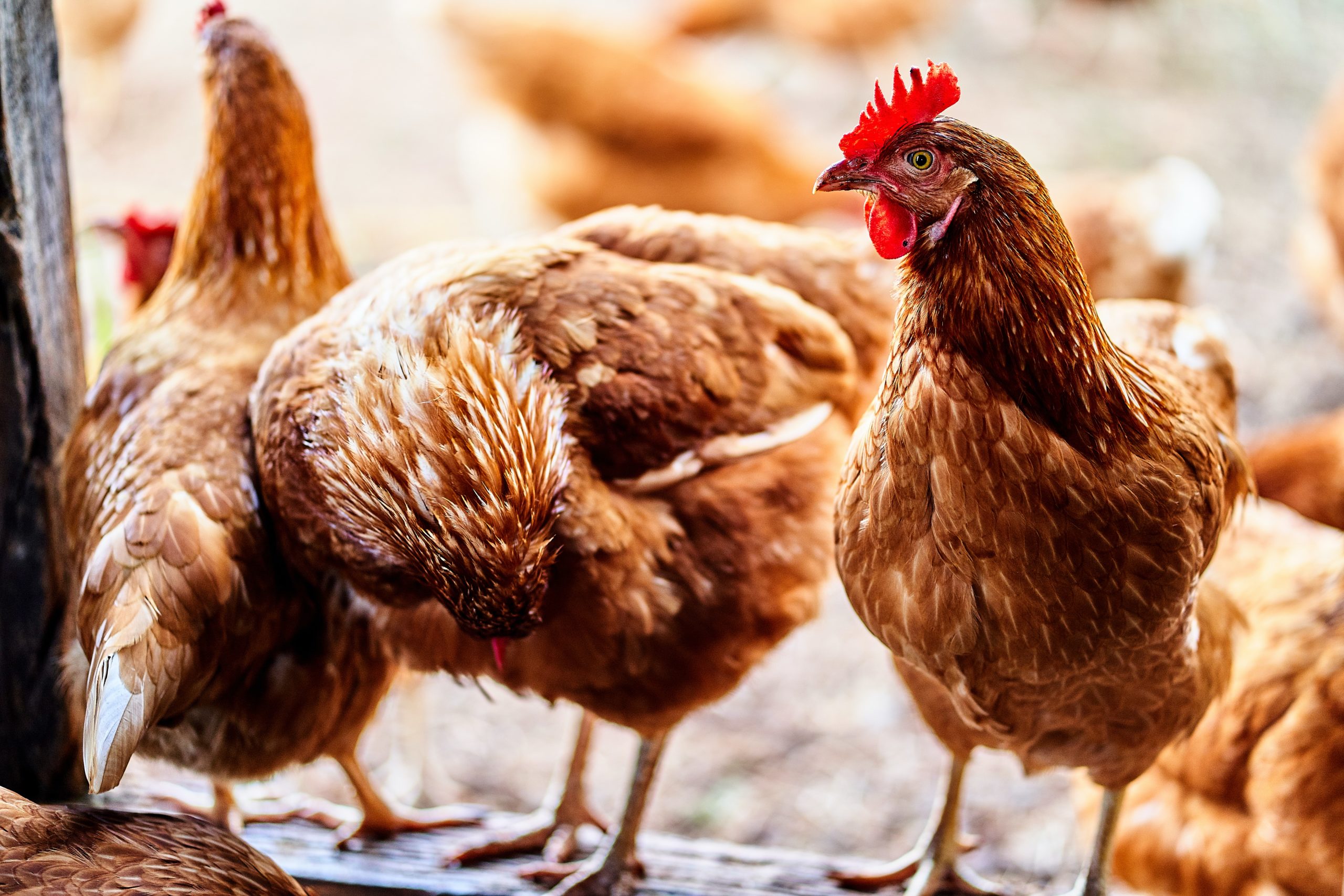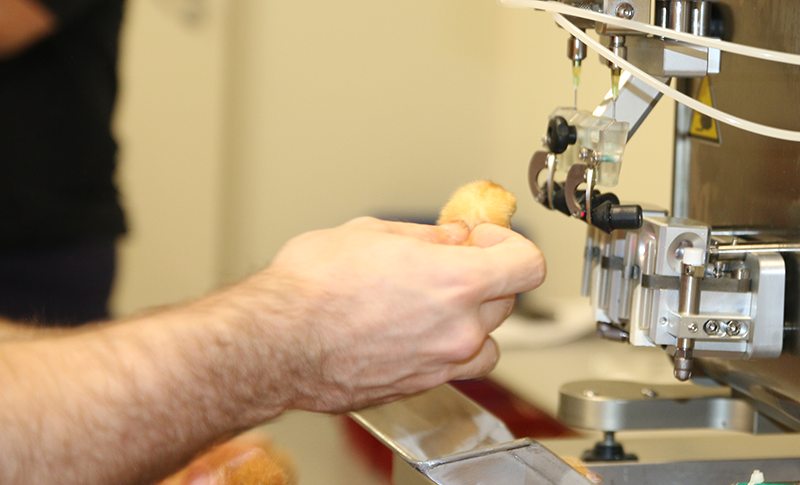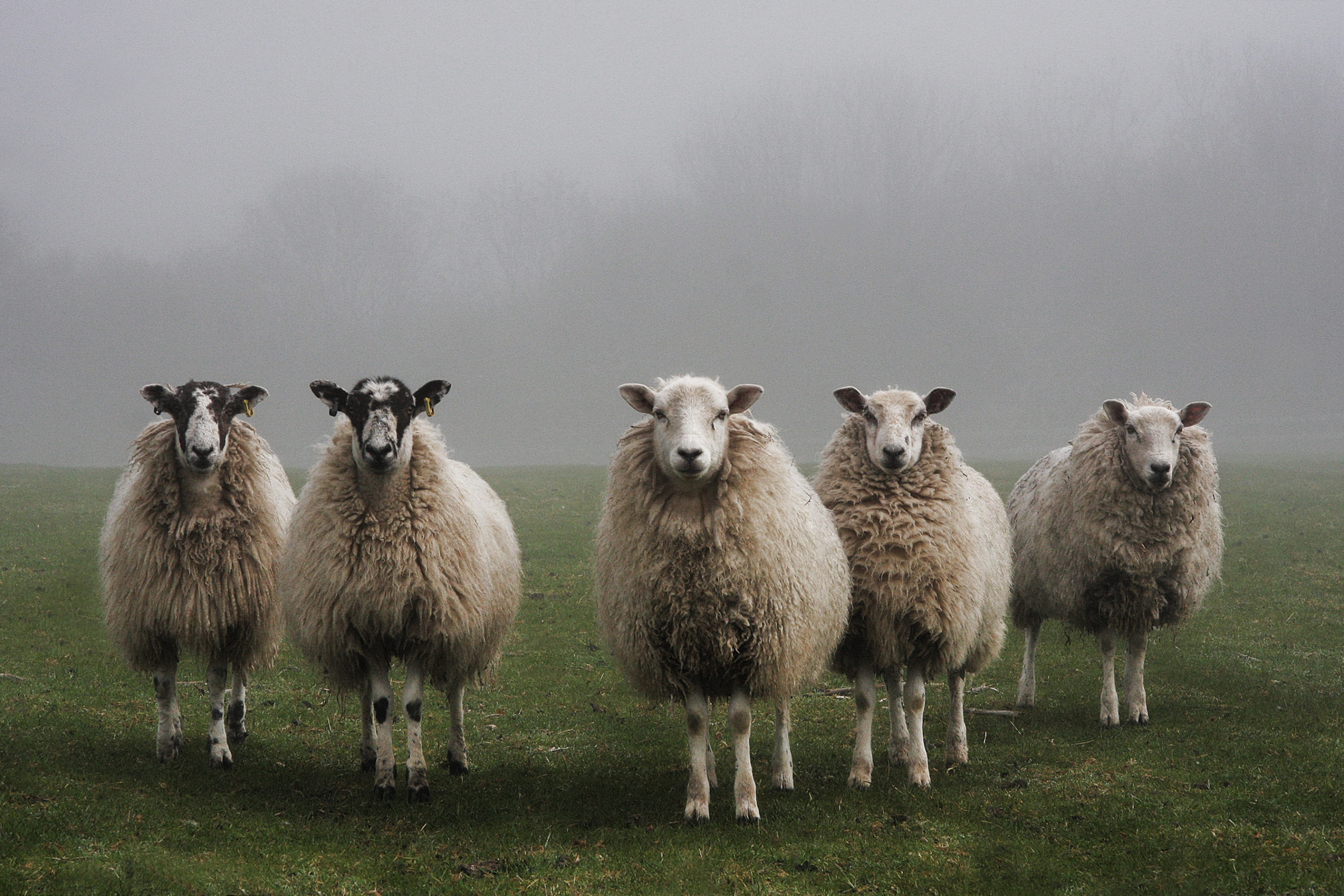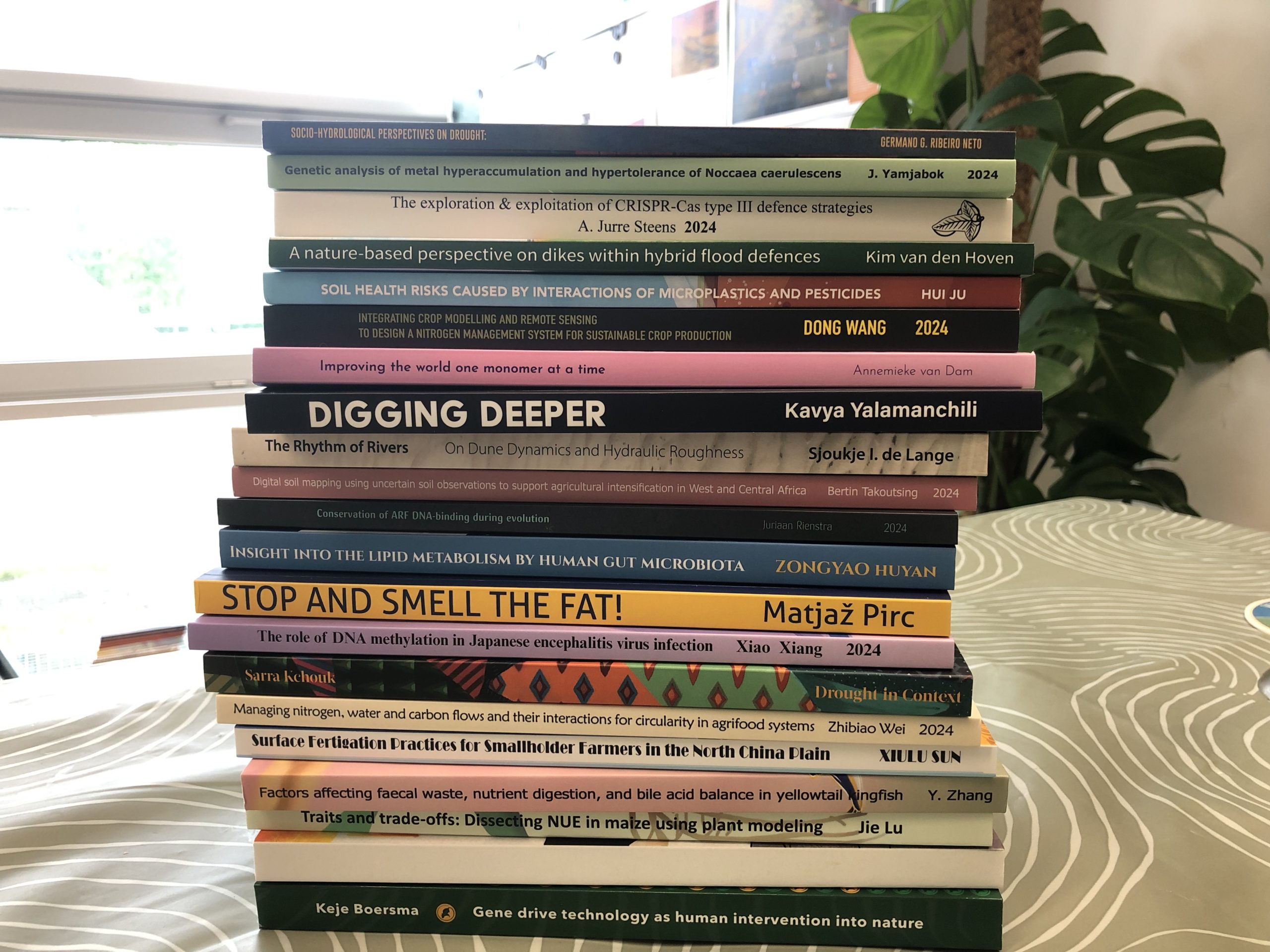Wageningen Bioveterinary Research (WBVR) announced today that it will study the efficacy of three vaccines against avian influenza at the behest of the Ministry of Agriculture, Nature and Food Safety (Dutch acronym LNV). In an experiment that will last three months, vaccines against the H5 virus in egg-laying hens will be studied. The first results are expected in December.
The press release reveals that the vaccine research is to be conducted in the High Containment Unit research facility in Lelystad and will provide insight into the efficacy against symptoms of the virus and against the spreading thereof. The study will be done on new types of vaccines produced by three different pharmaceutical companies.
Due to the persistent infections (a new case was reported in Drenthe yesterday), there is a growing demand for an effective vaccine. ‘Our summers were free of bird flu infections before. This is the first year that the flu season did not end when migratory birds left in April. The virus remained through infected birds that spend the summer in our country. As a result, commercial poultry farms suffered avian influenza infections even in the summer’, says WVBR bird flu expert Nancy Beerens.
The poultry sector faces severe consequences as a result of the continued infections: infected businesses are culled, and there is a stand-still for the transport of poultry as well as mandatory lock-up of birds that has remained in place since October 2021.
Ifs and buts
There are, however, ifs and buts to vaccination. A vaccine must protect against the disease itself but also against the proliferation of the virus. If infected animals do not show symptoms, the virus could spread unnoticed. This is one of the reasons the EU has guidelines to limit the trade in vaccinated poultry, even if this impacts the wellbeing of animals, as PhD candidate Joost van Herten stated in Resource earlier. According to WVBR, the vaccines that are to be tested in this study offer better protection against the proliferation of the virus. Moreover, specific diagnostics will allow the distinction between vaccinated and infected animals.
Follow up with field tests
The vaccine study by WVBR is the first step in studying the options for vaccination in combatting bird flu in the poultry sector. The results of the experiment, which will run until December, will serve as the basis for follow-up research in which the vaccines will be tested in the field.
There are currently several vaccine studies underway in different European countries. The results are essential to generate support for vaccination in all the EU member states, says Beerens.

 Persistent bird flu infections have led to compulsory lock up for birds since October 2021 in some places. Photo: Henrique Ruzon via Unsplash
Persistent bird flu infections have led to compulsory lock up for birds since October 2021 in some places. Photo: Henrique Ruzon via Unsplash 

